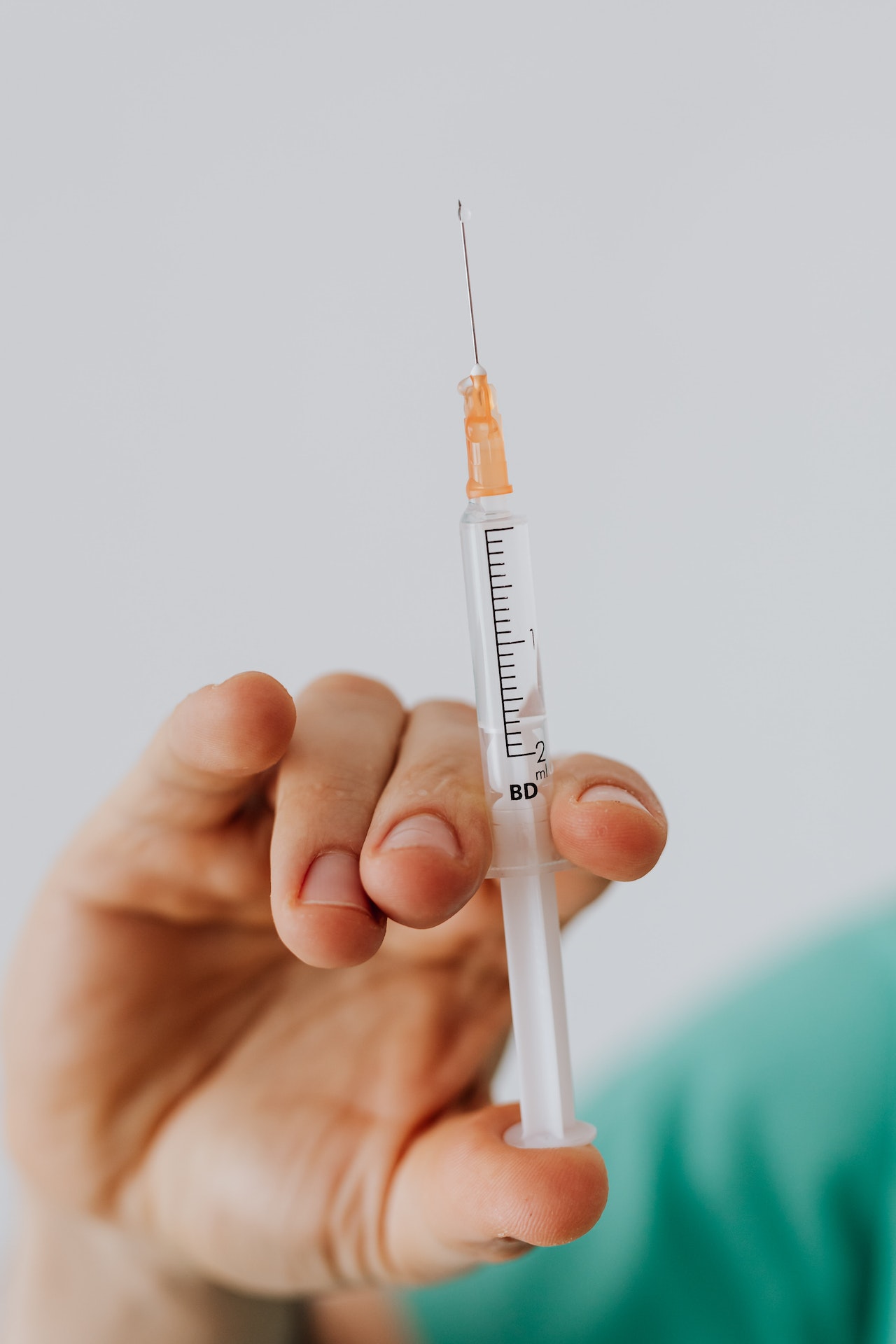Health
Area-specific humanitarian pauses for polio vaccination set in Gaza
Anadolu, Philippine News Agency

The vaccination campaign is to be carried out in collaboration with Palestinian Ministry of Health, UNICEF and UNRWA, according to Peeperkorn. (Pexels photo)
HAMILTON, Canada – The World Health Organization (WHO) announced on Thursday a “preliminary commitment for area-specific humanitarian pauses” during a polio vaccination campaign set to begin on Sept. 1 in the Gaza Strip.
“Now it’s critical that we reach 90 percent vaccination coverage,” said Rik Peeperkorn, WHO representative for the Occupied Palestinian Territory, adding that the campaign will be conducted in two rounds.
Addressing a virtual news conference from Gaza, Peeperkorn emphasized the importance of achieving 90 percent coverage to prevent the outbreak from spreading further.
He welcomed the “preliminary commitment for area-specific humanitarian pauses during the campaign.”
He urged all parties to allow children and families to safely access health facilities and community health outreach workers during the pause, ensuring that children who cannot access health facilities can still receive the polio vaccine.
According to Peeperkorn, the humanitarian pause agreed upon with the Israeli army’s humanitarian unit (COGAT) includes a three-day pause in the central zone of Gaza, followed by a three-day pause in the southern zone, and then another three-day pause in the northern zone.
“The campaign will be extended by one day per zone, or even more when necessary,” he added.
Saying that 1.26 million doses of vaccines and 500 vaccine carriers have already arrived in Gaza, Peeperkorn said: “1,000 additional vaccine doses will arrive in Gaza soon.”
The vaccination campaign is to be carried out in collaboration with Palestinian Ministry of Health, UNICEF and UNRWA, according to Peeperkorn.
“We have 392 fixed sites and we have almost 300 mobile teams,” he noted, adding that the vaccination will start at the central zone of Gaza.
Noting that the humanitarian pauses are there for eight hours, he said: “We take that from six in the morning to three (in the afternoon). But we want to make sure that vaccinations take place, for example, between six and 12 or six and one (noon).”
He further emphasized that the “area-specific humanitarian pauses” are not “ideal” but voiced determination to “try to manage, to work with that.”
On Aug. 16, Gaza’s Health Ministry announced the first confirmed case of polio in the Gaza Strip in 25 years, in the city of Deir al-Balah. The case involved a 10-month-old baby who had not received any doses of the polio vaccine.
The disease primarily affects children under the age of five, with one in 200 infections leading to irreversible paralysis.
According to the WHO, between 5 percent and 10 percent of those paralyzed die due to the failure of their respiratory muscles to function.
Peeperkorn also expressed deep concern over the hospital functionality in Gaza, and said: “We talk about 17 out of 36 hospitals which are partly functional. We have 58 out of 132 primary health care centers partly functional. We have five field hospitals in addition which are fully functional.”
“We need a medical corridor. We need a medical corridor to the East Jerusalem and the West Bank, the original traditional one, to be restored. We need a medical corridor to Egypt to open again, and if needed and possible to Jordan,” he added.
Israel has continued its brutal offensive on the Gaza Strip following an attack by the Palestinian group Hamas on Oct. 7, despite a UN Security Council resolution calling for an immediate cease-fire.
The onslaught has resulted in over 40,600 Palestinian deaths, mostly women and children, and over 93,800 injuries, according to local health authorities. (Anadolu)





















